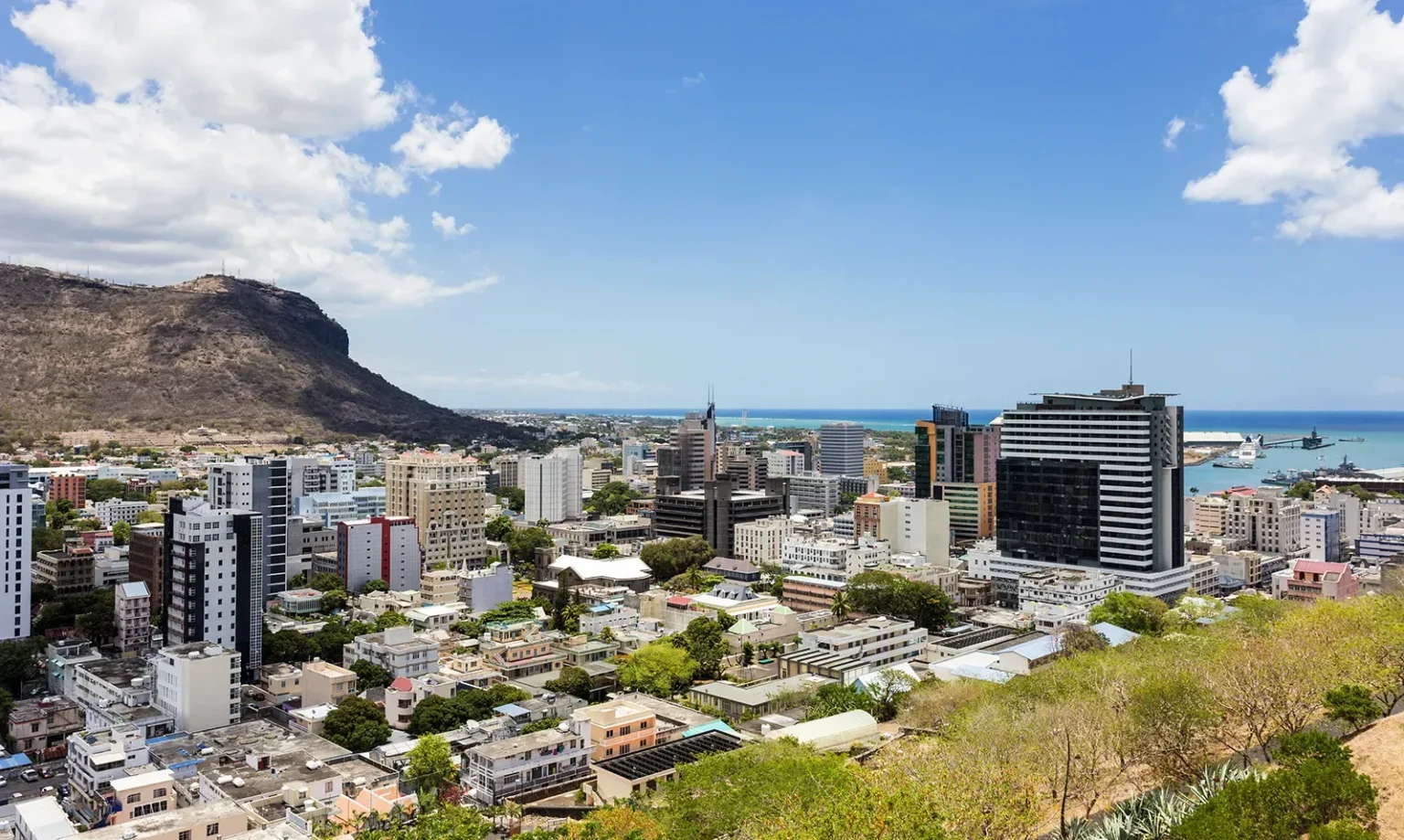In Summary
- Mauritius retains its position as the most secure country in Africa for the fifth consecutive year.
- Botswana and Rwanda follow closely, reflecting significant strides in governance and public safety.
- New entrants like Ghana and Namibia make notable improvements, entering the top five rankings.
- The Global Security and Peace Index (GSPI) 2024 reports overall improvement in safety metrics across the continent.
- Investment in social infrastructure and regional collaboration are key factors driving enhanced security.
Port Louis, Mauritius– The year 2024 marks a significant milestone for Africa as several nations continue to demonstrate remarkable progress in ensuring security and stability for their citizens. According to the latest Global Security and Peace Index (GSPI) 2024, Mauritius has once again secured its position as the most secure country on the African continent.
Mauritius
Maintaining its top spot for the fifth year in a row, Mauritius continues to set the benchmark for security and stability in Africa. The island nation’s success is attributed to its robust democratic institutions, strong rule of law, and inclusive economic policies that have fostered social cohesion and minimized crime rates.
The Mauritian government’s investment in education, healthcare, and social welfare programs has played a pivotal role in maintaining low levels of violence and high public trust in institutions. Additionally, Mauritius’s strategic focus on sustainable development and environmental conservation has contributed to its overall stability and attractiveness as a safe destination for tourists and investors alike.
Botswana and Rwanda
Following Mauritius, Botswana holds the second position on the GSPI 2024, reflecting its long-standing tradition of stable democracy and prudent economic management. Botswana’s low corruption levels, effective law enforcement agencies, and strong commitment to human rights have been instrumental in sustaining its secure environment.
Rwanda ranks third, showcasing impressive advancements in security and public safety. The Rwandan government’s emphasis on national unity, zero-tolerance for corruption, and efficient public services has significantly reduced crime rates and enhanced social stability. Investments in technology-driven security measures and community policing have further solidified Rwanda’s position among Africa’s safest countries.
Ghana and Namibia
Ghana makes a notable leap into the fourth position this year, owing to its peaceful political transitions, active civil society, and respect for freedom of expression. The country’s proactive approach to conflict resolution and strong judicial system have contributed to decreasing crime rates and improving public safety.
Namibia rounds out the top five, demonstrating consistent efforts in maintaining peace and security through effective governance and economic diversification. The Namibian government’s focus on social equity and community development programs has played a significant role in fostering a safe and stable society.
Overall Improvements Across the Continent
The GSPI 2024 report highlights a positive trend of improving security across various regions in Africa. Countries such as Senegal, Seychelles, Tunisia, and Morocco have also shown significant progress, with reductions in violent crimes and enhancements in political stability.
These advancements are largely attributed to increased regional cooperation through organizations like the African Union (AU) and various economic blocs that promote peacekeeping initiatives, conflict mediation, and collaborative security strategies. Moreover, international partnerships and support have aided in capacity building for law enforcement and judicial systems across the continent.
Key Factors Driving Security and Stability
Several core factors have been identified as critical in driving the improvements in security across Africa:
- Effective Governance: Transparent and accountable governments have fostered trust among citizens, reducing civil unrest and promoting law and order.
- Economic Development: Sustainable and inclusive economic policies have alleviated poverty levels, reducing the socioeconomic disparities that often lead to crime and instability.
- Social Infrastructure Investment: Enhanced access to education, healthcare, and social services has contributed to improved quality of life and social cohesion.
- Regional Collaboration: Cooperative security agreements and shared intelligence among African nations have been effective in addressing cross-border threats and promoting collective peace.
- Technological Advancements: Adoption of modern technology in surveillance, data analysis, and communication has improved the efficiency of security agencies.
Challenges and the Road Ahead
Despite the positive trends, challenges persist in certain regions due to ongoing conflicts, political instability, and economic disparities. The report emphasizes the need for continued commitment to good governance, economic reforms, and social investments to sustain and further improve security conditions.
Climate change and its associated impacts also pose emerging threats to security, necessitating proactive measures in environmental management and disaster preparedness.
The GSPI 2024 paints an encouraging picture of Africa’s journey towards enhanced security and stability. The achievements of countries like Mauritius, Botswana, and Rwanda serve as inspiring examples of what can be accomplished through dedicated governance, economic foresight, and social commitment.
As African nations continue to collaborate and invest in their people’s well-being, the continent moves closer to realizing its full potential as a hub of peace, prosperity, and resilience in the global arena.
https://www.africanexponent.com/five-in-a-row-mauritius-tops-africas-most-secure-countries-list-in-2024/


